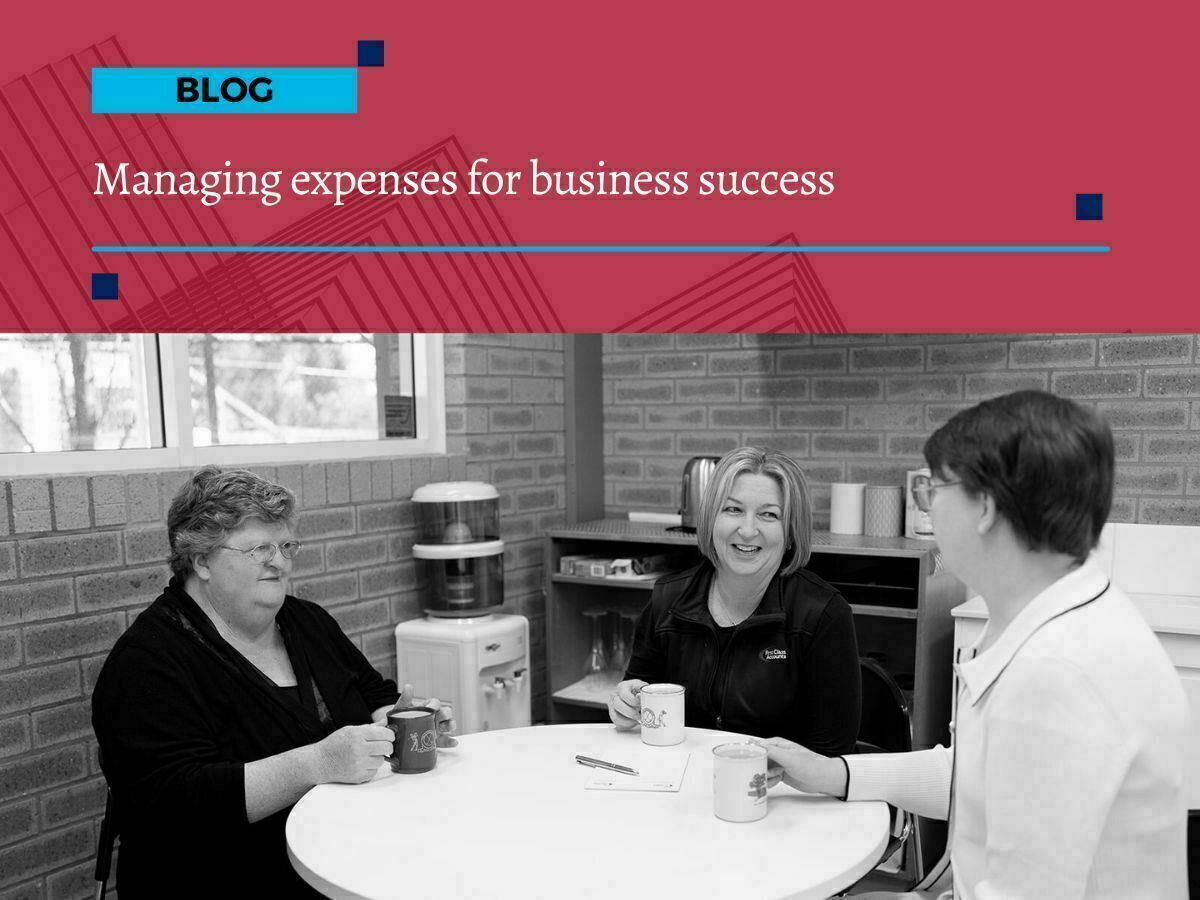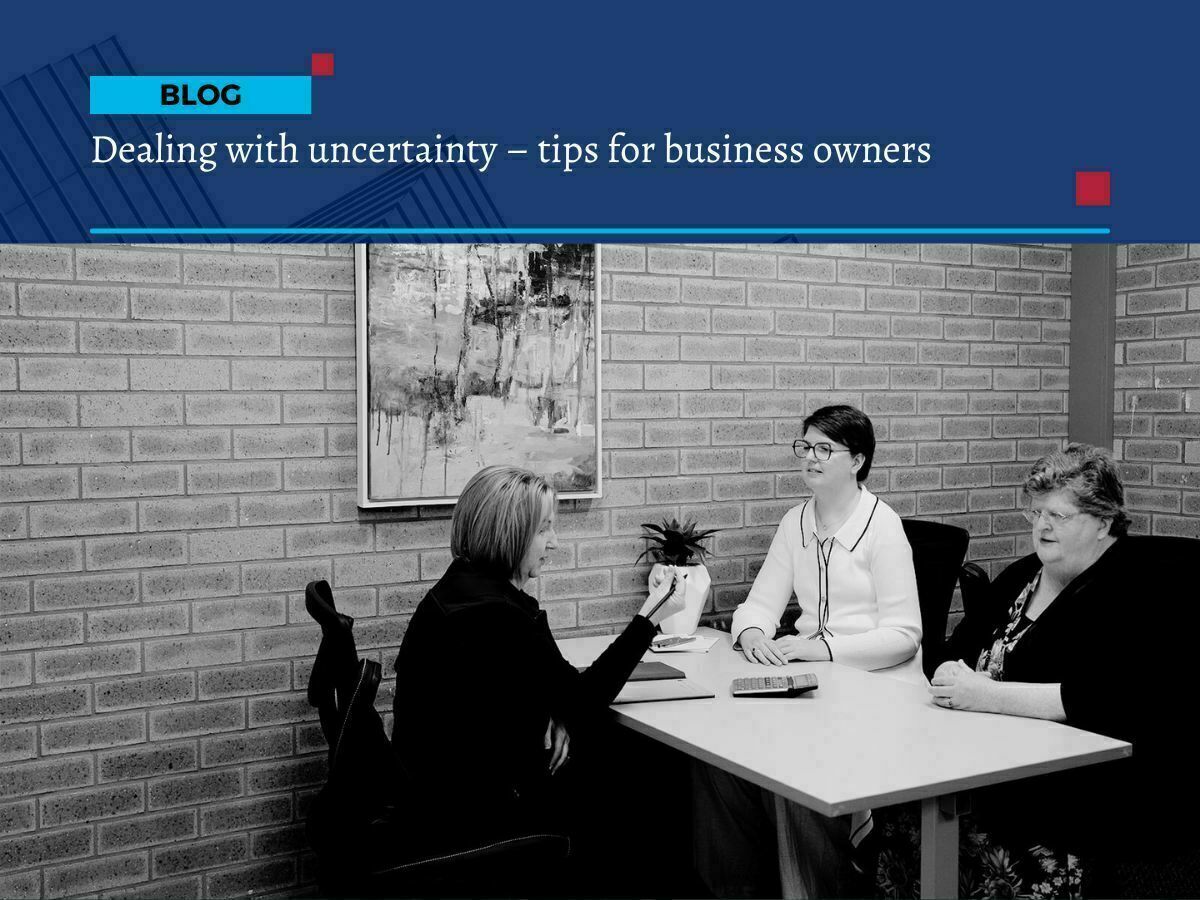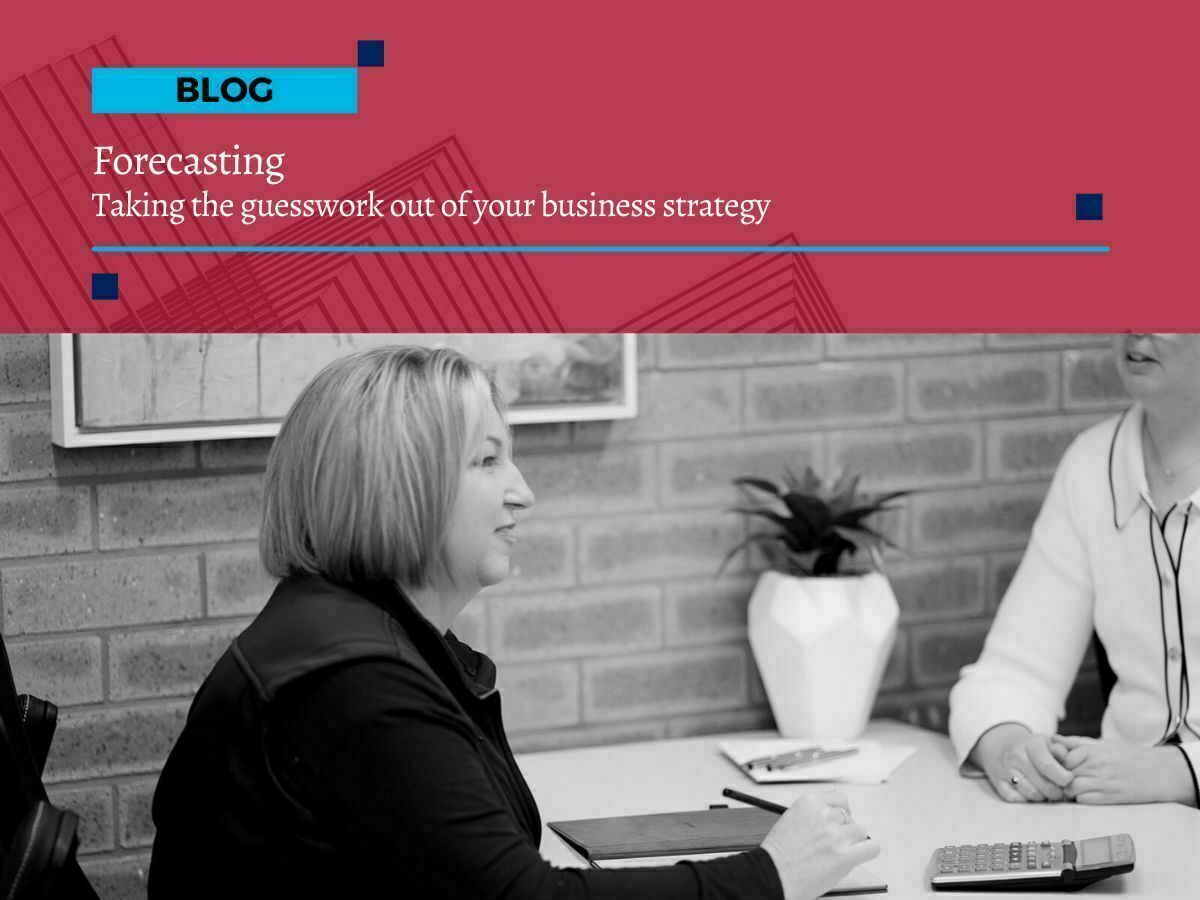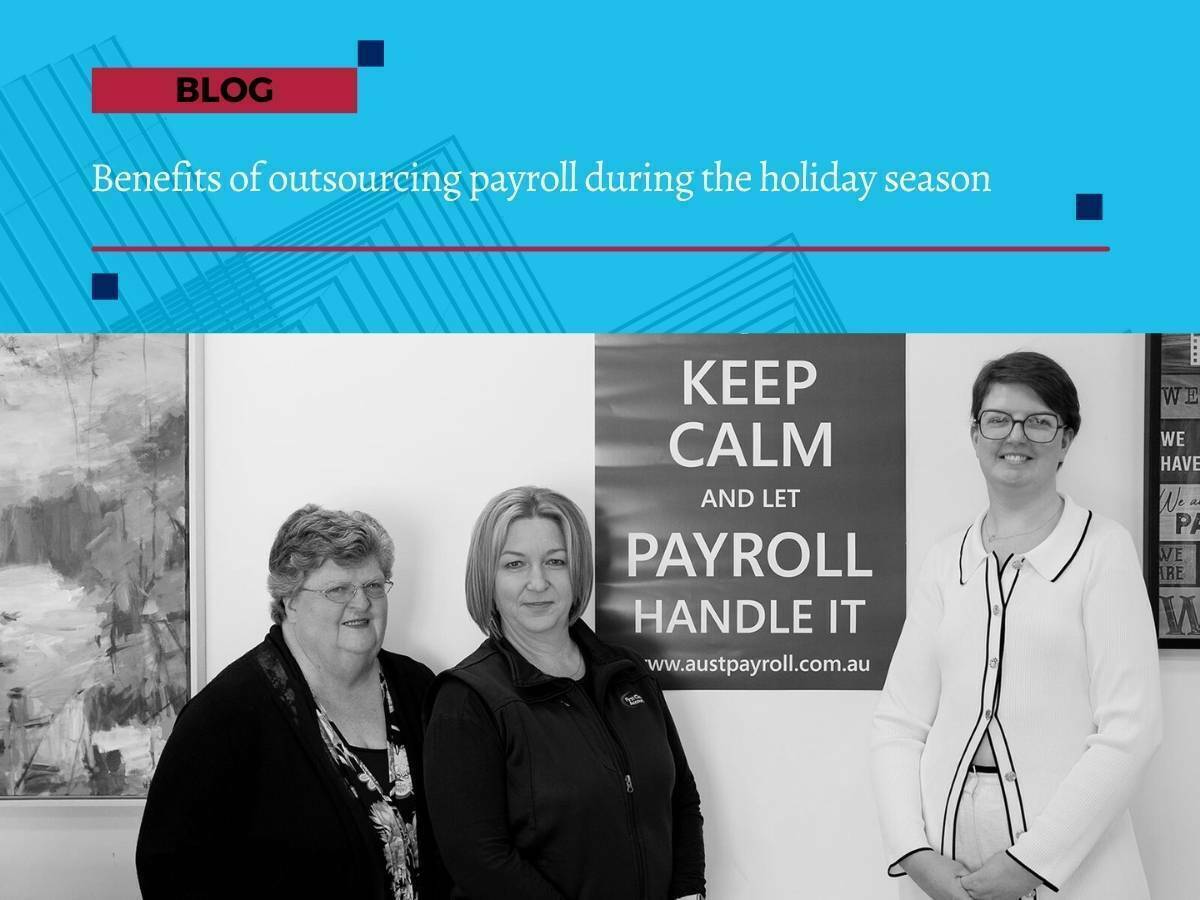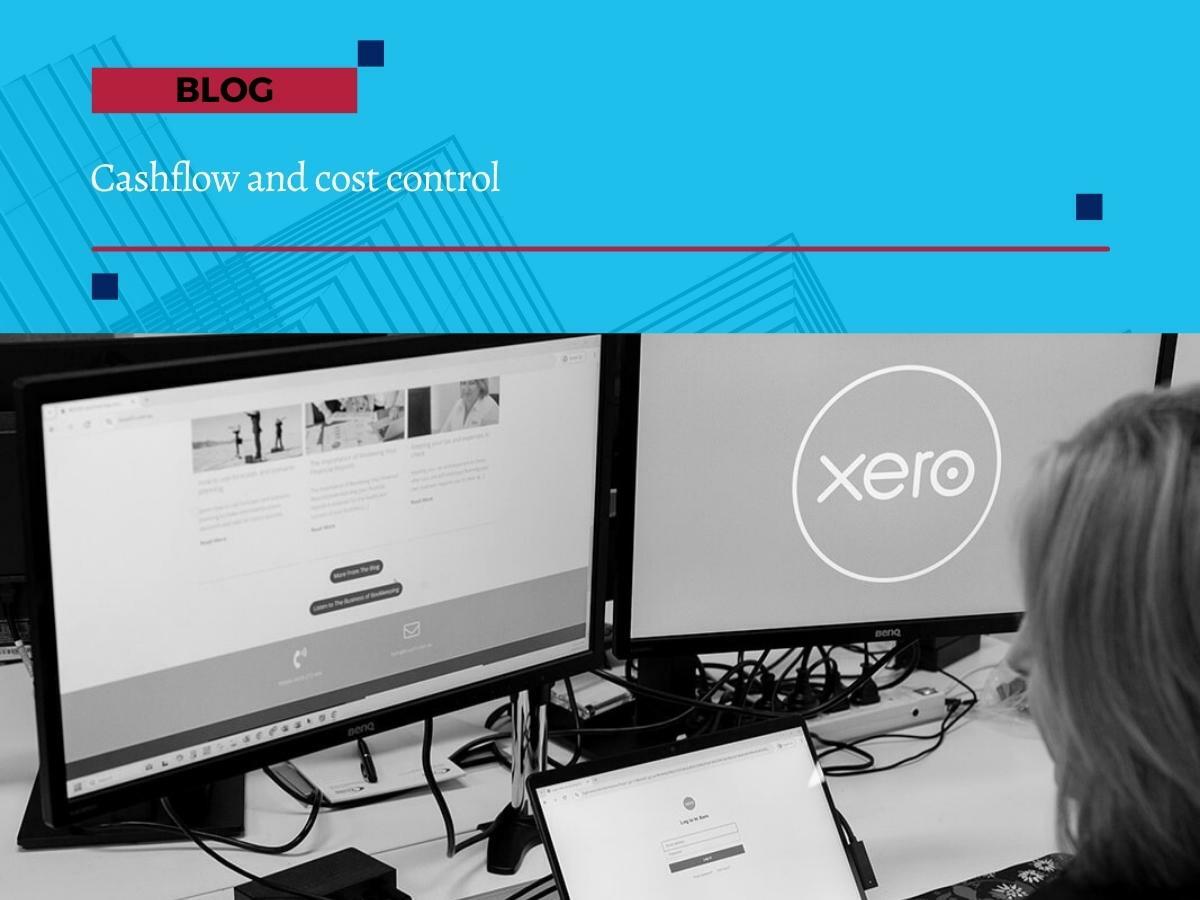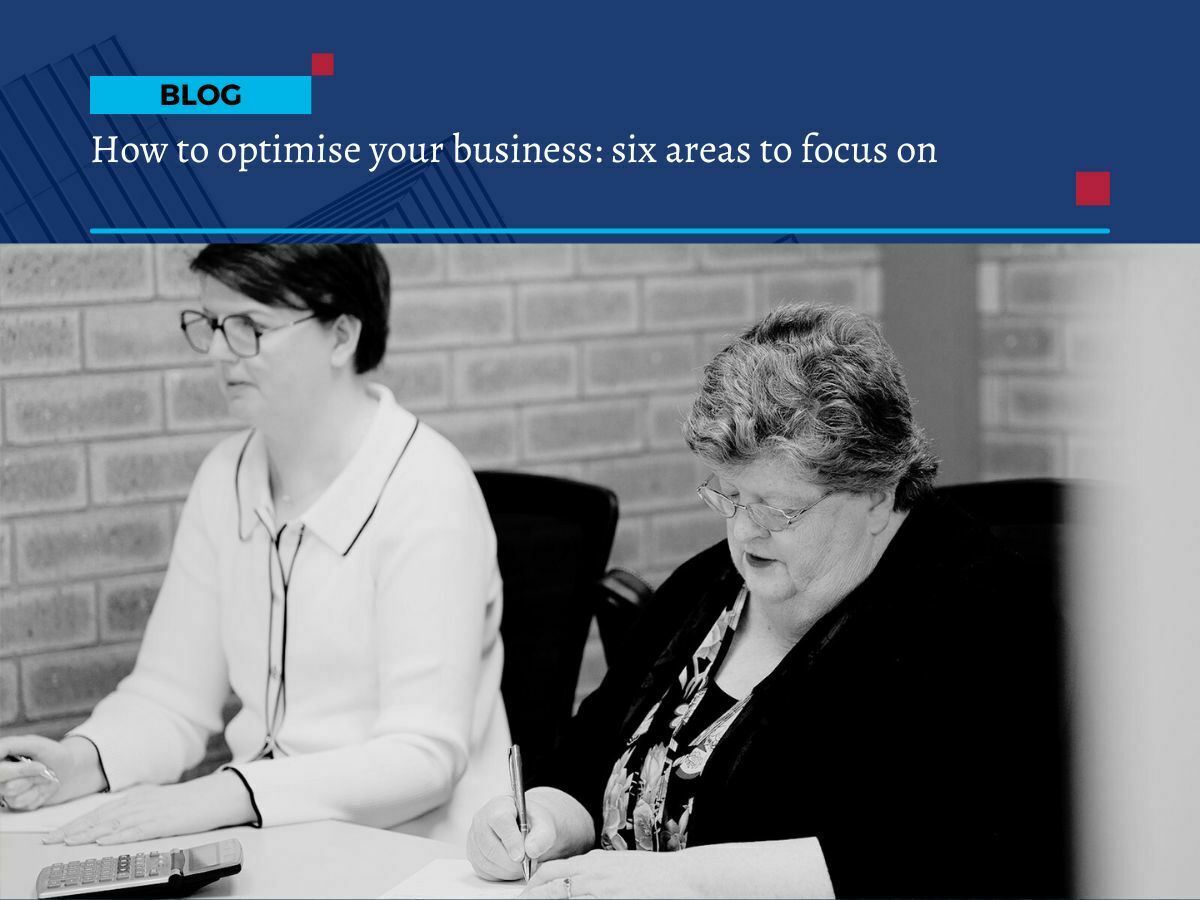
Six areas to optimise your business
How to optimise your business: six areas to focus on
Things are a bit uncertain right now, but that doesn't mean your business has to stay in a holding pattern. It’s a great time to fine-tune your business model, add value, and find new opportunities for growth.
There are plenty of ways to optimise your business and take it to the next level. By exploring new opportunities and making strategic improvements, you can build a business that’s not only successful now but well into the future.
Six ways to optimise your business
Your game plan might have been to sell the business, achieve a great deal and retire on the profits. But in the current market, it’s possible you’ve had to press pause on this exit strategy.
However, instead of letting the business just tick over, why not get proactive about improving and enhancing your business model, so it’s a more profitable and viable business?
Here are six key areas to look at
1. Go digital and automate the business
Now’s the ideal time to embrace digital technologies. With the latest cloud tech, AI and automation solutions you can streamline your operations, improve your overall customer experience and boost sales.
You can also explore e-commerce solutions, social media marketing and digital marketing.
First Class Accounts Ovens & Murray can assist with implementing cloud accounting software and business apps that integrate seamlessly with your business processes, providing automation for invoicing, payroll, financial reporting and more. Read more about the benefits of automation for business here.
2. Get proactive with your finances
Strong financial management sets the foundations for making the business profitable. Switching to the latest cloud accounting software helps you get a handle on your cashflow, a better overview of costs and a more informed view of your overall financial position.
Many accounting platforms will also offer integrations with other helpful business tools, such as inventory, invoicing and point-of-sale (POS) tools.
Our team at First Class Accounts Ovens & Murray can not only implement your accounting software, we can provide expert financial insights, cash flow forecasting, and budget planning to ensure you have a clear understanding of your business's financial health. Read more about optimising your financial management for business success here.
3. Build on those customer relationships
Exceptional customer experience helps to build loyalty and drive repeat business.
This means getting granular with your customers’ needs, providing excellent customer service and listening to (and acting on) your customer feedback. It’s the best way to improve your customer service and brand. Read more about building customer relationships here.
4. Diversify into new areas
It’s easy to get stuck in a rut when it comes to your product range and industry focus. One way to shake things up is to diversify and explore new product ideas, new customer audiences and new niches.
Diversification can reveal a whole new customer demographic, not to mention additional revenue streams. Read more about diversifications strategies for businesses here.
First Class Accounts Ovens & Murray can assist with financial analysis to assess the viability of new revenue streams and ensure your diversification plans align with your financial goals.
5. Nurture your team and employee experience
Engaged employees are the foundation of a great business. Invest in training and development to improve your team’s skills and motivation and do everything you can to build a positive work culture.
When hiring, look to create a diverse and inclusive team of people, so you have a real melting pot of talent, ideas, skills and experience in the business.
Read more about nuturing your team here.
6. Look for strategic partnerships
Navigating the market is far more successful when you explore the benefits of business partnerships.
Connecting with other businesses can extend your market reach, reduce costs and allow you to share resources. You also open up your brand to a whole new customer audience, boosting sales and growth.
Talk to us about optimising your business model.
There’s no single strategy for turning around the success of your business. But looking at new ideas, markets, products and business tools can certainly add considerable value.
First Class Accounts Ovens & Murray offers tailored services to help you explore strategic opportunities and make informed decisions to drive growth.
If you’re looking to add some pizazz to your business model and operational effectiveness, drop us a line. Our team will be happy to review your current business and identify the opportunities.

